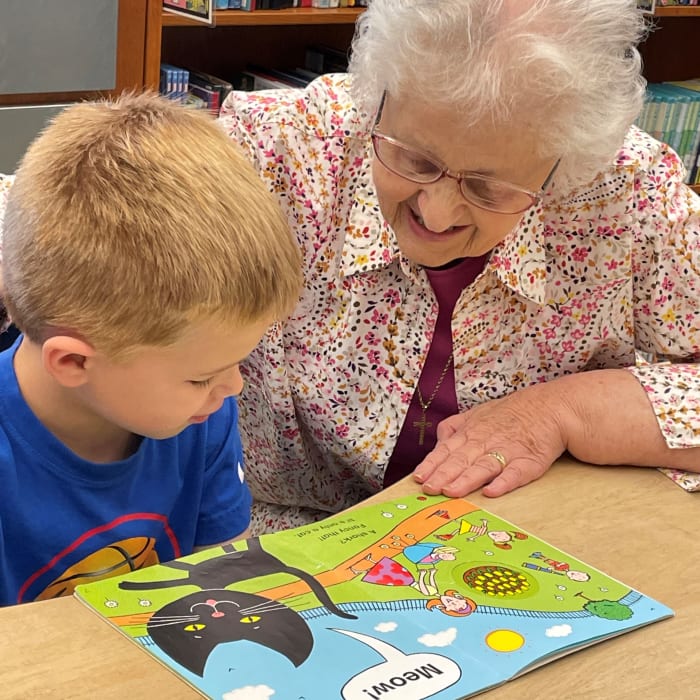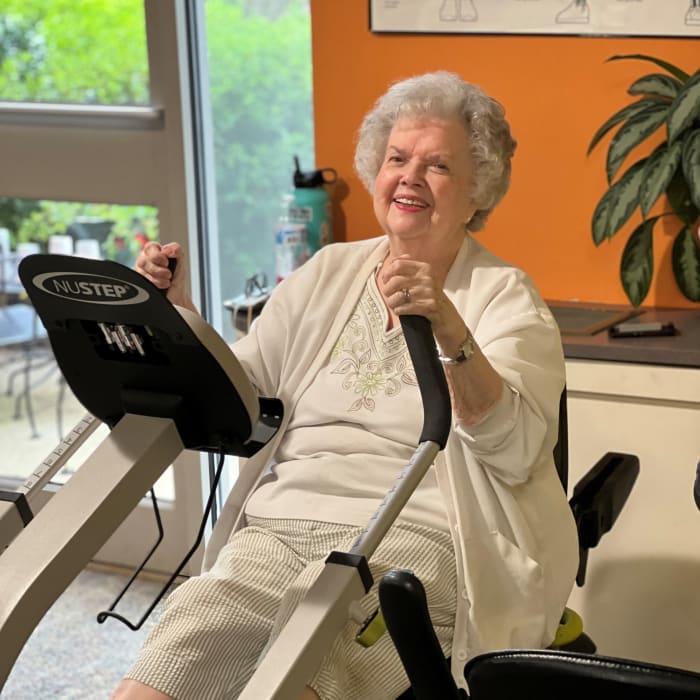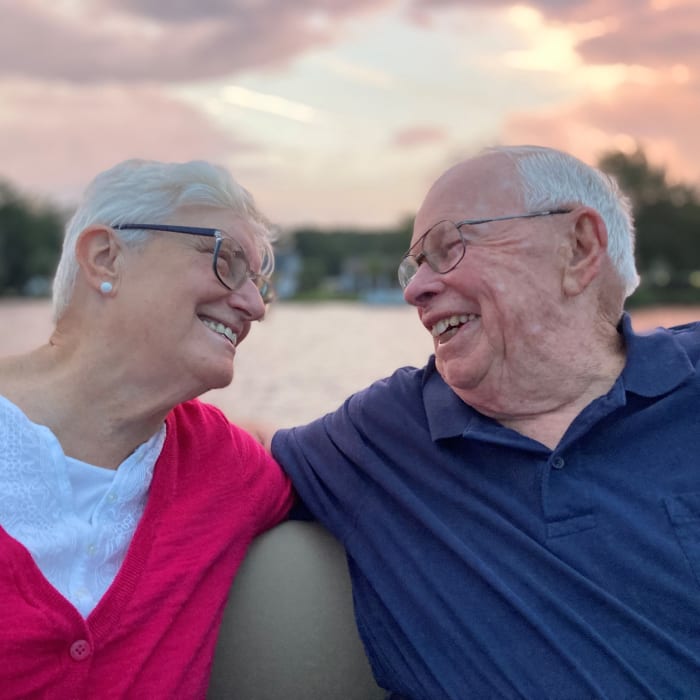Living with Alzheimer’s disease
Alzheimer’s disease is the most common form of dementia, a group of conditions that slowly destroy brain cells, leading to serious mental decline and problems with memory and thinking skills. People with Alzheimer’s may also experience changes in behavior and personality, including anxiety, agitation or delusions and hallucinations.
More than forgetfulness
Some of the symptoms of Alzheimer’s disease include:
Increasing forgetfulness. One of the most common early signs of Alzheimer’s is forgetting newly learned information. People suffering from Alzheimer’s may repeat things or forget conversations or appointments. They commonly misplace items, often putting them in strange places, such as car keys in the refrigerator.
Problems with language. People with Alzheimer’s may have difficulty expressing their thoughts or following conversations and may substitute unusual words for ones they forget. Reading and writing are also affected.
Disorientation. People with Alzheimer’s can lose a sense of time, dates and familiar surroundings, making it easy for them to become lost on their own streets.
Changes in personality. Someone suffering from Alzheimer’s may show distrust in others, become extremely confused, suspicious or withdrawn. Early on, this may be in response to the frustration of a failing memory. However, depression and anxiety often coexist with Alzheimer’s disease.
Visiting the doctor
Visiting a physician is a key step for a patient experiencing memory or cognitive problems. It may help to bring a list of symptoms, including when they started and when and how frequently they occur, as well as a list of all current medications.
There is no one test to diagnose Alzheimer’s disease. A doctor will typically diagnose the disease as “possible” or “probable” by ruling out other diseases and conditions that can cause memory loss, such as depression, stroke or Parkinson’s disease.
Medications prescribed for Alzheimer’s patients work to lessen symptoms for a period of time. Doctors can also prescribe medication to alleviate sleeplessness, wandering, anxiety, agitation and depression.
Caring for a loved one
Talk to your health care team about caregiving techniques to make daily life easier for you and your loved one, such as:
Recognize independence. Losing the ability to perform daily tasks is frustrating for someone with Alzheimer’s. Involve a loved one in tasks that you think he or she can manage.
Create a safe environment. Remove throw rugs, cords or other objects that may cause falls. Make sure there is a first-aid kit, a fire extinguisher and a working smoke alarm in the home. If your relative cannot drive, control access to car keys.
Encourage communication. It is difficult for Alzheimer’s patients to communicate. Behavior often becomes the way by which someone with Alzheimer’s expresses feelings. To understand a behavior, think about what a loved one might be feeling.
Finding resources and support
If you’re a caregiver for a loved one, it’s vital that you take care of yourself. Signs of caregiver stress can include frequent crying, a change in sleeping patterns, decreased energy and increased irritability and anger. Allow yourself regular breaks and take a walk or read a book.
Finding resources to meet your and your family’s needs can help you navigate the next steps in finding care for your loved one. For more information about memory care programs at Presbyterian Communities of South Carolina, please visit www.prescommunities.org.






